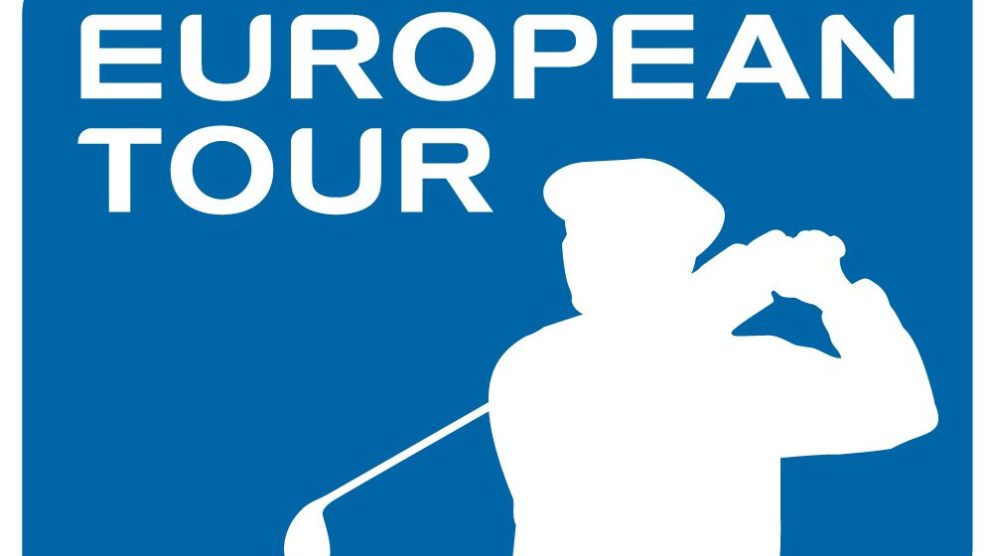It's more clear now than ever: There are two European Tours.
There's the one for the top players in the world, the guys born in Europe that have a base in America and play the PGA Tour. You know, the guys that have to keep up European Tour status so they can play in the Ryder Cup. And don't forget the Americans who are looking for appearance fees in Asia and the Middle East, and the guys who want to play a couple of British Open tune-ups.
Then there's the one for most everyone else. That's the rank and file. They're the guys who have multiple tour memberships, with the European Tour being the best one. They play on the Sunshine Tour, the Asian Tour and whatever is left of the Australasian PGA Tour. They Monday qualify. They need all the world ranking points they can get, and they're traveling farther and more often to play for purses sometimes one-fifth the PGA Tour event opposite theirs on any given week.
European Tour chief executive Keith Pelley, who has come into the job with PGA Tour-defiant gusto and fresh-yet-quirky ideas, announced this month the formation of the Rolex Series, a set of seven events that all have a purse of at least $7 million. Gone is the Race to Dubai Final Series, with those events absorbed into this broader idea. There's no special prize or points structure for these events. They're just labeled what they are: the events everyone wants to play.
The Rolex Series is like a highlighter on the schedule for the best players, the guys who are looking to play the minimum five non-major, non-World Golf Championships events that sustain Euro Tour membership. Come play these, boys. Get in the Irish Open, the Scottish Open. Play the final three events. Slip in the Italian Open. If you can, fit in the BMW PGA Championship, which now has a purse more fitting of its flagship-event status.
Everything else? If you have time.
Now, strip out the Rolex Series, the WGCs and the majors, and look at the rest of the schedule. There's only one other tournament on the European Tour schedule with a purse at or above $5 million: the Dunhill Links Championship, which has an exactly $5 million purse. Even factoring in events like the French Open, British Masters, Qatar Masters, Abu Dhabi Championship and Dubai Desert Classic, the average purse is just about $2 million week-to-week. In the spectrum of pro golf purses, that's certainly more than the $600,000 or so the Web.com Tour guys get each outing, about one-third the average PGA Tour purse and right about on level with the LPGA Tour's purses. Even if you're a rank-and-file player who gets in those events, you're not getting the padding of appearance fees that the top players get to show up in the Middle East. You're not one of the rotating hosts of the British Masters.
The contrast between the two European Tours is so clear that Pelley codified it with the Access Series. It's basically a money list for all of the events outside of the the Rolex Series, WGCs and non-Open majors. The top 10 players on that money list keep their cards for the next season. It's a good idea, a bone to the guys likely clamoring for more, well, access to the best tournaments on the European Tour docket. But is it enough? All that traveling costs money: flights, hotels, cars, caddies and more. It's a tough livelihood anyway, one made tougher chasing the world for purses better than the other, lesser global tours.
So, here's a radical idea. Instead of operating two European Tours in one, split the baby. Take the WGCs, the majors and the Rolex Series. Throw in the Dunhill Links and the British Masters and the Middle East swing. Declare that the European Tour. Take all the rest and call it the Challenge Tour, replacing the developmental schedule the tour already operates. Those guys, cutting their teeth, are playing for about $200,000 purses each week. It's money, but adding a zero seems a whole lot better. Mix in more Challenge Tour guys with the rank-and-file Euro Tour players and let them duke it out. Keep the Access Series idea, boosting high-earning players to the true European Tour at different points in the season.
The benefit is clear. The European Tour becomes an elite series guaranteeing the best players available. The Challenge Tour becomes a more viable, more lucrative alternative to the Web.com Tour, which is now the only real path to the PGA Tour. The Challenge Tour can become a path to more money and coveted world ranking points on the European Tour. Up-and-coming players need to take a longer path to the PGA Tour these days, so why not encourage them to see the world in the process?
Of course, there would be cross-pollination between the tours. Guys want to play in their home-nation events, and they're comfortable playing in other places. Those now-middling events can be elevated in status on the new Challenge Tour. This also clears space for the various developmental tours in Europe and the Middle East and Australia and Asia to keep growing.
It's time to stop the farce and use the strength of the European Tour to create two better tours than what they have now.

